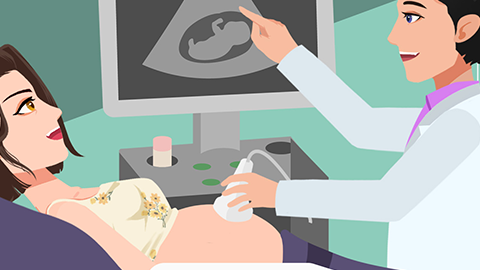What should be noted within three months after the third-generation IVF?
Generally, during the first three months after the third-generation IVF (in vitro fertilization), it is important to ensure adequate rest, moderate exercise, a balanced diet, regular prenatal checkups, and cautious use of medications. The details are as follows:

1. Ensure Adequate Rest
During the first three months after third-generation IVF, patients should ensure sufficient sleep and avoid staying up late or overexertion. Adequate sleep helps the body recover and supports stable embryo implantation and development.
2. Moderate Exercise
Patients can engage in light activities such as walking or yoga, which can help improve blood circulation, relieve stress, and enhance physical fitness. However, strenuous exercise and heavy physical labor should be avoided to prevent any adverse effects on the fetus.
3. Balanced Diet
The diet should be light, easily digestible, and nutritionally balanced. Patients should consume more protein-, vitamin-, and mineral-rich foods such as fish, lean meat, eggs, milk, fresh vegetables, and fruits. These nutrients are beneficial for embryo development and maternal health.
4. Regular Prenatal Checkups
Patients should follow their doctor's recommendations for regular prenatal examinations to monitor fetal development. Prenatal checkups include ultrasound scans, Down syndrome screening, and other tests that can help detect and address potential issues promptly.
5. Caution with Medication Use
During the first three months following third-generation IVF, patients should use medications only under a doctor's guidance. If medications are needed for pregnancy support or adjunctive treatment, they should be taken strictly as prescribed, such as progesterone capsules or Baotai Worry-free Tablets. Additionally, patients should avoid taking any other medications on their own to prevent potential harm to the fetus.
In daily life, patients should strictly follow the doctor's advice regarding lifestyle adjustments and treatment, and should not alter treatment plans or medication dosages without medical consultation.




